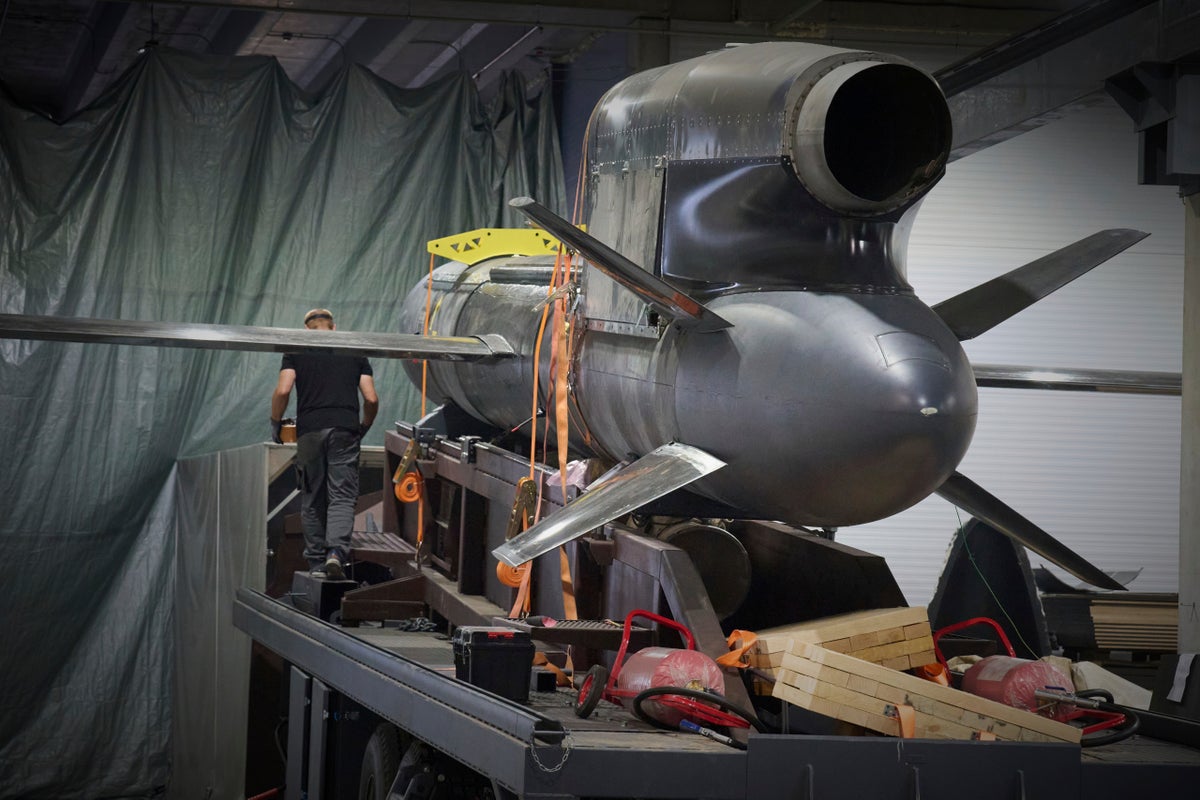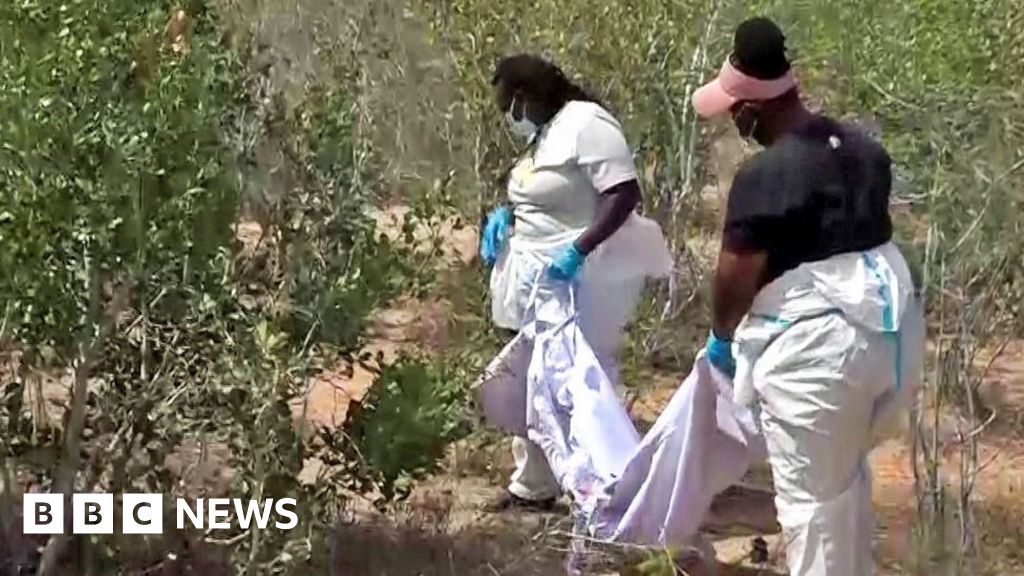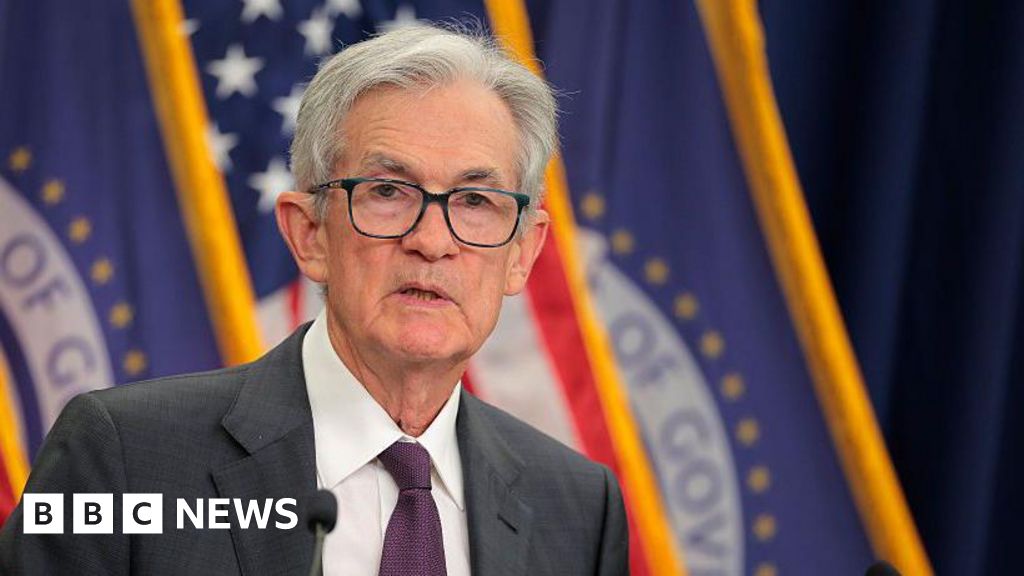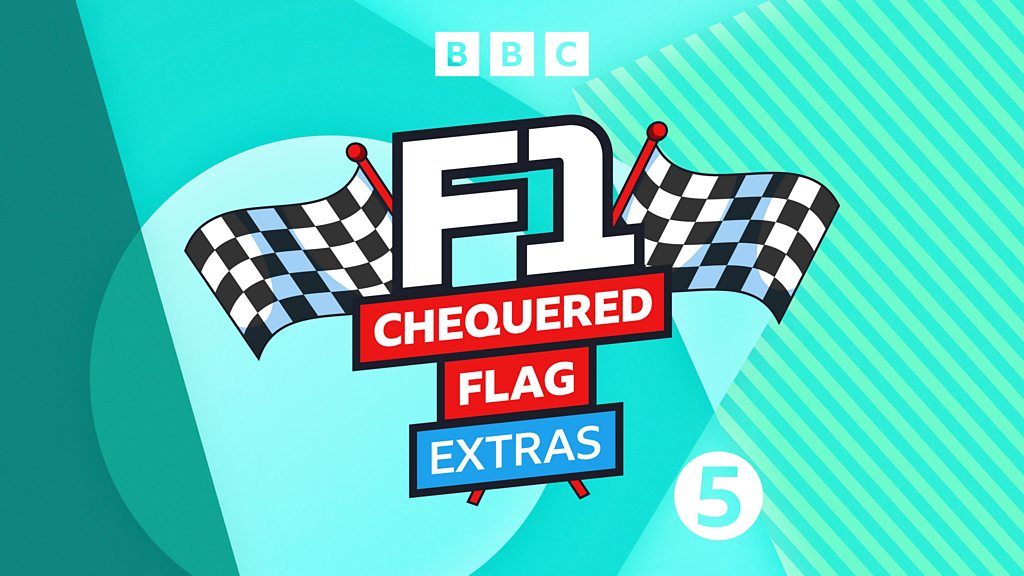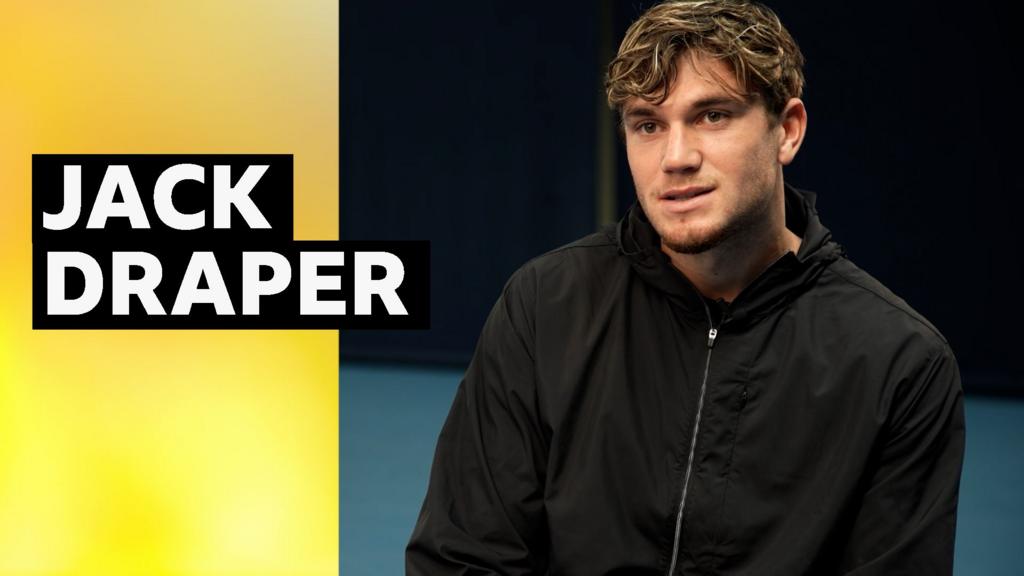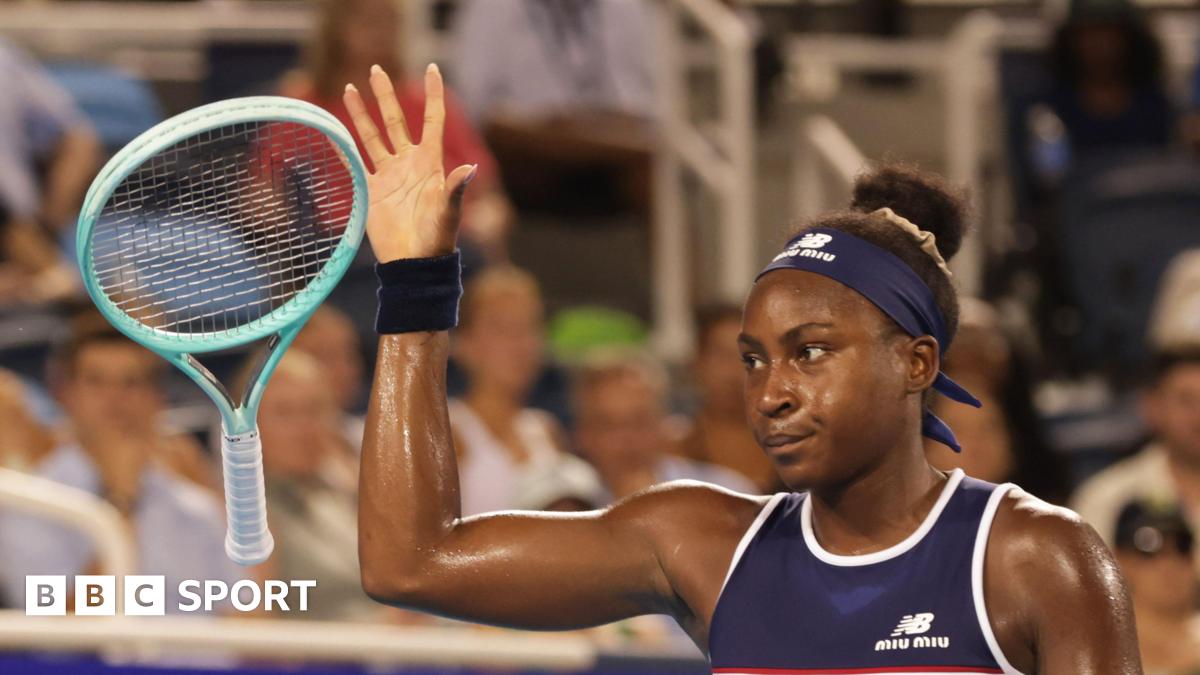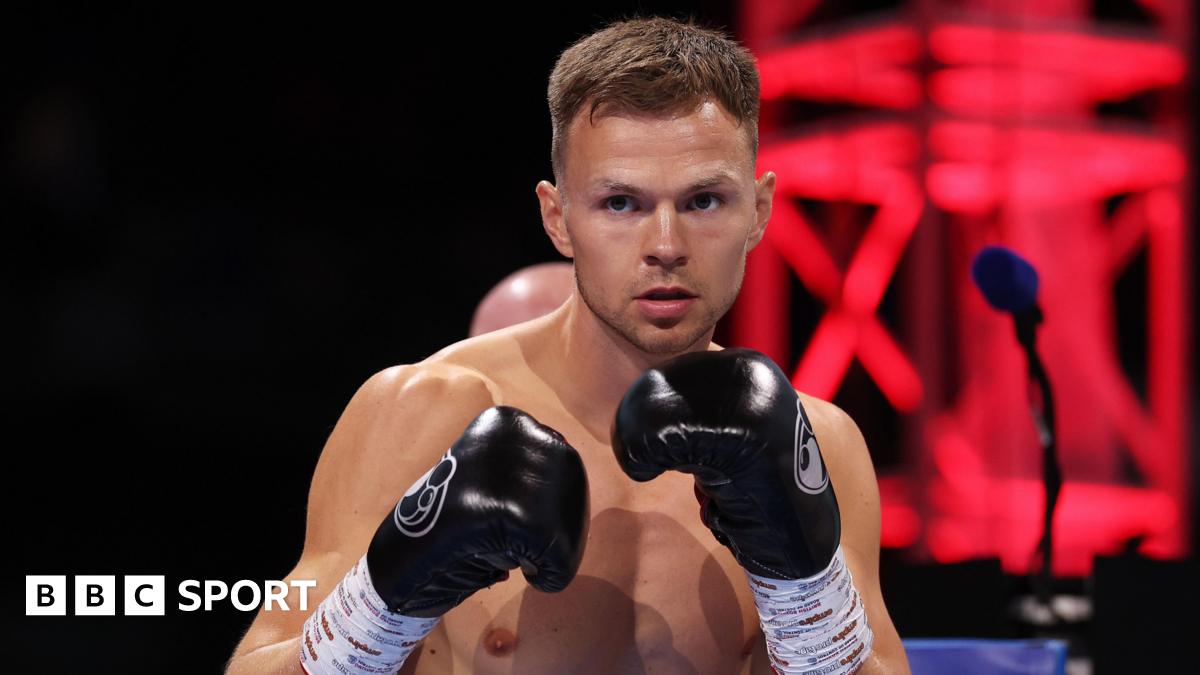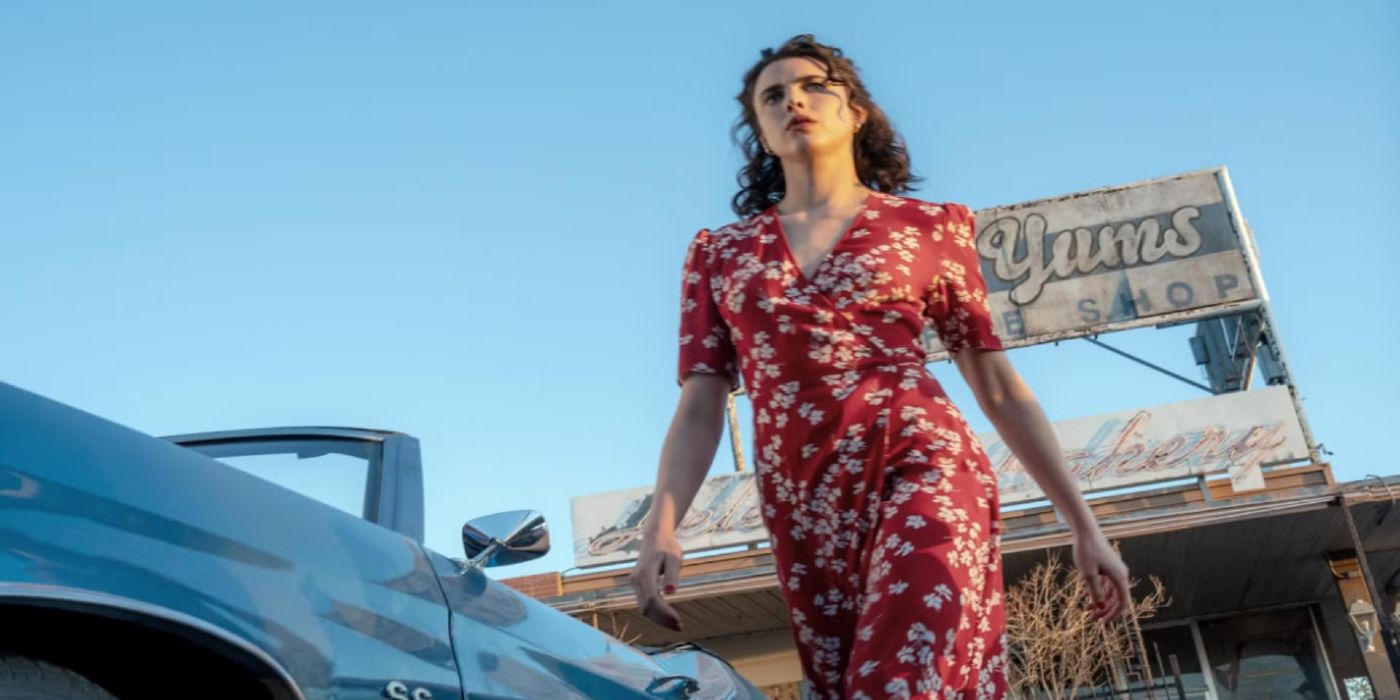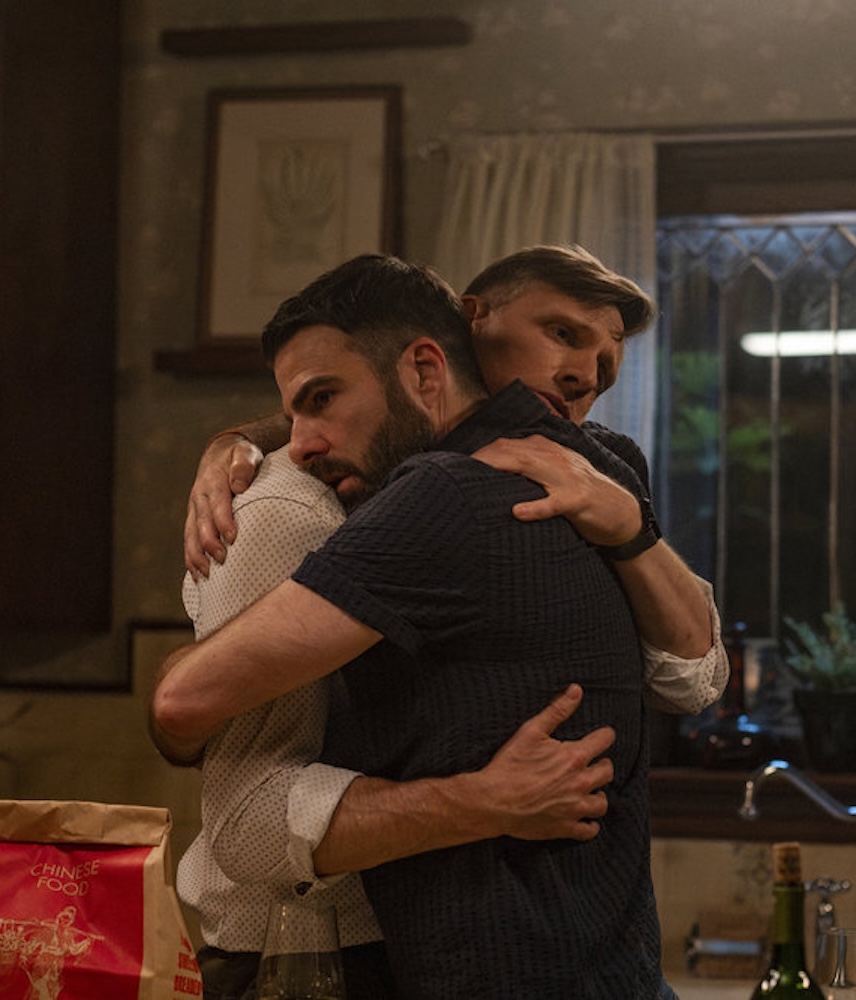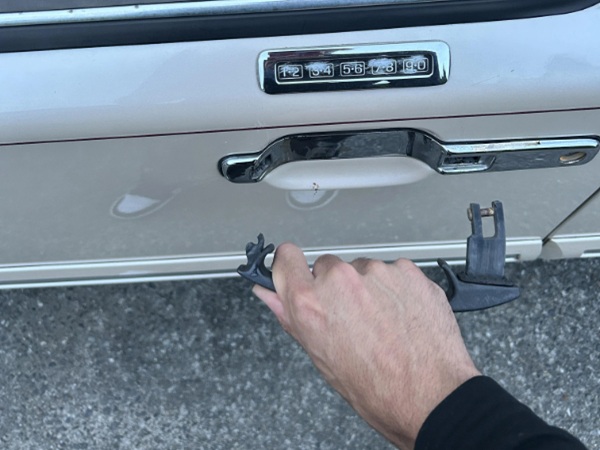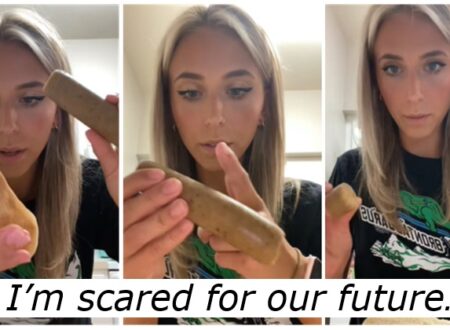Grassroots music is more important than ever, so festival and venue owners are getting creative to survive


A paid-for ad feature for viagogo
This weekend, Claydon Estate in Buckinghamshire welcomes 2,000 revellers for the first ever Found Festival. The name and entertainment offering may be new, but the event’s co-directors Joe Heap and Mary Hodson are anything but novices. They previously ran Towersey Festival (the UK’s longest-running independent music festival), which moved to Claydon Estate in 2019 after a stint in neighbouring Oxfordshire.
Last year, the sibling duo made the difficult decision to wind down Towersey Festival, which was launched in 1965 by their late grandfather, Denis Manners MBE. “Really, it was all a result of COVID-19,” Heap tells NME. “First, the pandemic wiped out any reserve funds we had. Then we found that some of our older regulars didn’t come back, so we were really struggling to get the numbers we needed to break even.”
Faced with another year of losing money, Heap and Hodson realised their only option was to start again, but smaller and with a revised remit. Whereas Towersey was essentially a folk music festival with a 5,000 capacity, Found will feel “more intimate and eclectic”.
“The focus is on programming grassroots music that people might not have heard of yet,” Heap says. “We’ve booked artists from across folk, blues, country and Americana, but we’re all about having head-turners, not headliners. And we want it to feel more like a community gathering than another great big music festival.”
They hope to attract “people who think they don’t like music festivals” with the prospect of fewer queues, smaller crowds and more space to enjoy the scenic surroundings of Claydon Estate. “We’ve tried to make it an ‘easy access’ festival – you can drive right up to your camping pitch to unload,” Heap says.
In 2025, an event like Found needs to work every angle to survive. Last November, a report by the Association of Independent Festivals (AIF) revealed that 72 UK musical festivals were cancelled or postponed in 2024: double the number that fell during the previous year. Heap estimates that production costs have doubled since 2018, but points out that “there’s absolutely no way you can offset that by doubling ticket prices”.
Like everyone, festival-goers are really feeling the pinch as the cost-of-living crisis intensifies. And in a highly competitive live music market, they’re waiting longer to pull the trigger and book tickets. “About 30 to 40 per cent of our ticket sales have come in the last two weeks, which makes planning really hard and the whole event really risky in terms of cash flow,” Heap says.
For this reason, Found Festival entered into a partnership with viagogo following their funding of Towersey Festival. “We’re such a small festival that we wouldn’t have been able to go ahead without the funding they’ve given us,” Heap says matter-of-factly.
A viagogo grant also helped to fund vital infrastructure at Folk In The Park, a one-day music festival that took place last weekend in Sutton, south London. Launched in 2021, the festival is run by the team behind beloved local music venue The Sound Lounge. Hannah White, co-founder of the venue and its spin-off festival, says “every plate has got harder to keep spinning” since The Sound Lounge first opened its doors in 2014.
“We’re a 150-cap venue, but we’ve got similar overheads to larger venues: maintaining equipment, promo and marketing, artist riders, paying our sound engineers,” she explains. “At the same time, our energy costs have gone up, and we’re not making as much from the bar because people are drinking less. We’re not a big corporate enterprise who can carry on at a loss; we’re a group of musicians who run a grassroots venue because we believe in it.”
Shockingly, a report by the LIVE Trust found that the average tour has halved in size since 1994, when it would typically include 22 dates as opposed to just 11 last year. With an estimated 125 grassroots venues closing in 2023 alone, there just aren’t enough spaces for up-and-coming bands to play.
White points out that grassroots venues aren’t just a vital part of the talent pipeline. They’re also community hubs that bring people together and add cultural value to the neighbourhood. “We’ve had punters tell us they were thinking of leaving the area before we gave them a place to hang out and watch music,” White says. “You can be buzzing for days after a brilliant gig. That’s why every town needs a space like The Sound Lounge.”
Found Festival’s Joe Heap echoes these sentiments. “That moment when people arrive on site at the start of the festival, it really keeps you going throughout the year,” he says. “Seeing so many old friends get together, and how much it means to them, makes you realise that all the hard work is worth it.”
These two festivals are part of a wider group of organisations viagogo funds to help support grassroots music in the UK. This also includes Limitless Live, a free music festival in London which viagogo has helped fund for the past four years. Limitless continues to be accessible by removing the barrier of cost while also providing employment opportunities and experiences for underrepresented people.
Another example is Saffron, a non-profit organisation which aims to help women, trans and non-binary people in the music industry. Viagogo helped fund their artists retreat earlier this year which NME attended and you can read about here. Saffron is dedicated to increasing gender diversity in the music tech industry by providing safe spaces, education, and career pathways. With women and non-binary individuals making up only 5 per cent of music producers and 2 per cent of audio engineers, Saffron is actively working to shift these statistics through community-driven initiatives.
Julian Dwenger at viagogo said “Grassroots festivals and music initiatives are vital to propelling the next generation of talent. “We’re dedicated to finding ways to support the industry. For many years, we’ve partnered with organisations that help underserved, emerging talent. Through social impact partnerships and donations we’re working with the wider live entertainment industry to help solve some of the systemic issues that prevent people from participating in live events.’’
The post Grassroots music is more important than ever, so festival and venue owners are getting creative to survive appeared first on NME.
What's Your Reaction?
 Like
0
Like
0
 Dislike
0
Dislike
0
 Love
0
Love
0
 Funny
0
Funny
0
 Angry
0
Angry
0
 Sad
0
Sad
0
 Wow
0
Wow
0



